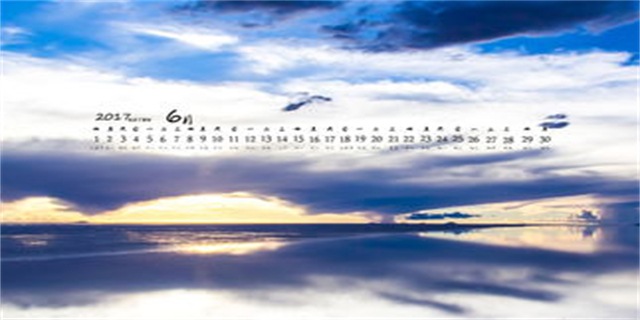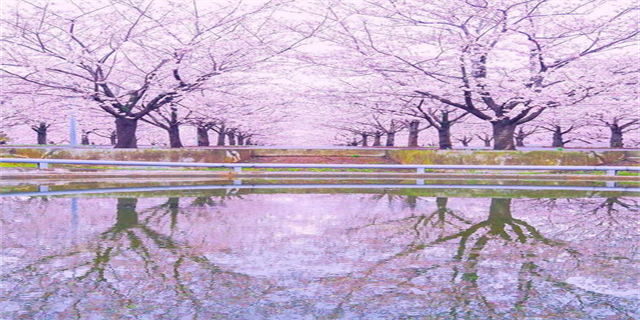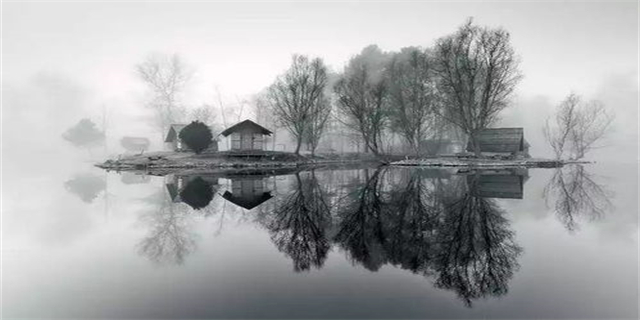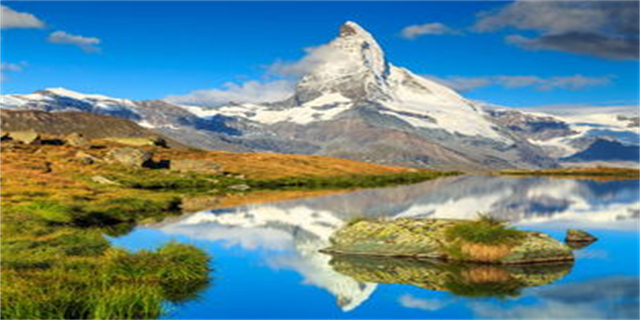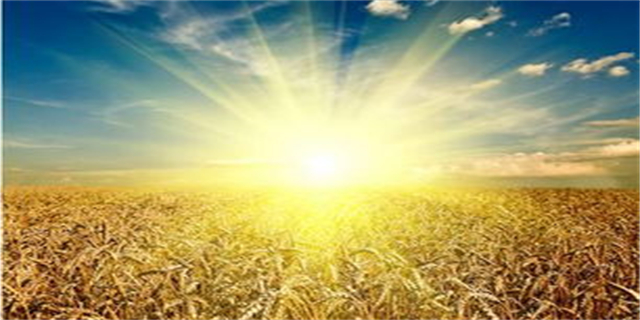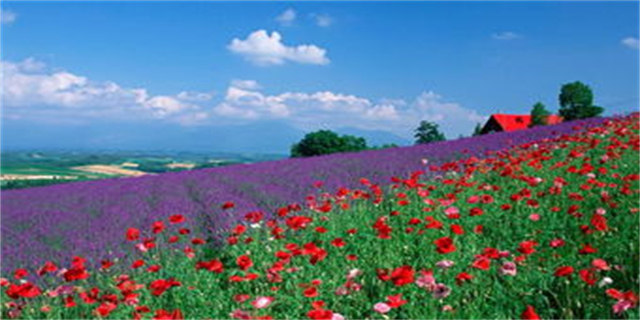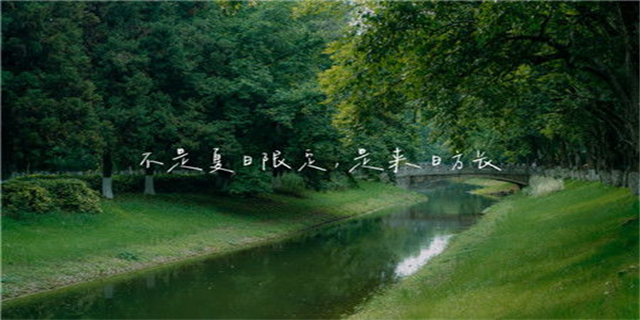pvc pipe是什么意思(PVC Pipe - Understanding What It Is)

PVC Pipe - Understanding What It Is
The Introduction


When it comes to plumbing and piping, PVC pipe is a common term that is often used in the industry. PVC stands for polyvinyl chloride, a synthetic plastic polymer that has a wide range of applications. In this article, we will delve deeper into the world of PVC pipes, explore their uses, advantages, and disadvantages, and also take a look at the different types of PVC pipes available in the market.
The Uses of PVC Pipes

PVC pipes are widely used in a variety of applications. In the plumbing industry, they are used to carry drinking water, waste water, and also in sewage systems. They are also used in irrigation systems to transport water to farms and gardens. PVC pipes are popular in the construction industry, where they are used in electrical conduit systems to carry wiring, and in HVAC systems as ducts to transport air. PVC pipes are also used in the manufacturing of toys, bottles, and other consumer products.
The Advantages and Disadvantages of PVC Pipes

One of the biggest advantages of PVC pipes is their affordability. They are cheaper than other piping materials like copper and steel. They are also lightweight and easy to install, making them a popular choice in both residential and commercial applications. PVC pipes are resistant to corrosion and chemicals, which makes them ideal for use in harsh environments. They are also durable and can last for many years. However, PVC pipes have some disadvantages as well. They are not suitable for hot water applications, as they can melt or deform when exposed to high temperatures. PVC pipes are also not as strong as other materials, and can crack or break under pressure.
The Different Types of PVC Pipes

PVC pipes are available in different types, each with its own set of characteristics. Some of the common types of PVC pipes are:
- Unplasticized PVC (uPVC) pipes - These are rigid pipes that are suitable for carrying water at high pressure. They are also resistant to chemicals and UV radiation.
- Flexible PVC pipes - These are softer and more flexible than uPVC pipes. They are ideal for use in irrigation and drainage systems, and also in swimming pools.
- Chlorinated PVC (CPVC) pipes - These are treated with chlorine to make them heat-resistant. They are suitable for use in hot water applications.
In conclusion, PVC pipes have a wide range of applications and are used in various industries. They are affordable, lightweight, and easy to install, but also have some disadvantages. Understanding the different types of PVC pipes available in the market can help you choose the right type for your specific application.
